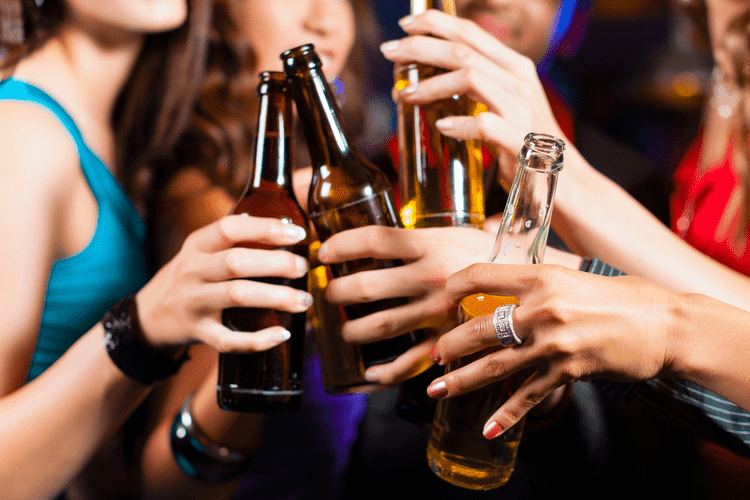Content
Priory aspires to deliver the highest quality care in the UK across our range of services, which include acute mental healthcare, addiction treatment and low and medium secure facilities. This includes information we publish on our website, which undergoes a thorough editorial process. Our writers and reviewers are experienced professionals in medicine, addiction treatment, and healthcare. AddictionResource fact-checks all the information before publishing and uses only credible and trusted sources when citing any medical data. The Verified badge on our articles is a trusted sign of the most comprehensive scientifically-based medical content.
- Alcohol doesn’t directly cause panic attacks, in the sense that those with panic disorder suffer from panic attacks with or without alcohol.
- Your brain and nervous system play key roles in how you perceive and handle fear and anxiety.
- As the sedative effect of alcohol wears off, you may experience a spike of anxiety or panic as your body begins to withdraw from the substance.
- This article will look at ways to stop a panic attack, along with some general methods for reducing anxiety.
Your provider can help you overcome fears and anxieties that trigger attacks. They can recommend treatments like psychotherapy and medications to treat the attacks. Experts don’t know exactly why some people experience panic attacks or develop panic disorder. Your brain and nervous system play key roles in how you perceive and handle fear and anxiety. Researchers think that dysfunction of your amygdala — the part of your brain that processes fear and other emotions — may be at the root of these conditions.
Medical Professionals
Everyone is different and may experience various combinations of the above, which are almost always accompanied by an overwhelming sense of fear and anxiety. The two often create a cycle that’s hard to break, whereby the onset of one is a trigger for the other. Helmut Orosz had great potential when he took part in the seventh season of “Deutschland sucht den Superstar” in 2010.
- The greater the amounts of alcohol consumed and the more regular the intake, the more likely a person will be to develop temporary anxiety and depressive symptoms.
- Anxiety often causes physical symptoms, such as a racing heart or knots in your stomach.
- Finally, Schuckit’s research group followed 239 alcoholic men 1 year after they received alcoholism treatment, and the data revealed no significantly increased rates of major depressive or anxiety disorders (Schuckit and Hesselbrock 1994).
This makes you more attuned to your emotional state and allows you to conquer your anxiety. Suppose you drink regularly and reach a point where panic attacks have become routine. In that case, our medical professionals and psychiatrists are likely to suggest that this could signify a psychological dependency on drink. However, regular panic attacks induced by alcohol are a serious matter that can lead to addiction. Diminishing general levels of anxiety will also help prevent panic attacks. Depending on the severity of panic attacks, a doctor may prescribe a use-as-needed medication.
Alcohol is not anxiety treatment
Psychotherapy, medications or a combination of both are very effective in treating panic attacks and panic disorder. How long you’ll need treatment depends on the severity of the condition and how well you respond to treatment. These symptoms can make it difficult to stay away from alcohol in those suffering from an anxiety disorder and panic attacks. The whole situation can present a difficult period for all affected, including the person’s family members and close friends.

It is not recommended to use alcohol as a coping mechanism to avoid panic attacks and feelings of anxiety, as this can make the initial problem worse in the long term. Some people struggle with a disorder known as alcohol-induced panic attacks, in which they suffer from regular panic attacks after drinking alcohol. If you struggle alcohol and panic attacks to cut down your drinking despite numerous panic attacks and overwhelming anxious feelings/anxiety hangovers, it might be the right time to seek residential help. This article briefly reviews some of the recent literature on the complex interaction between alcohol dependence and the longer lasting anxiety or depressive disorders.
Alcohol and Anxiety: Panic Attacks After or During Drinking
Knowing what to do when they arise can reduce the severity of panic attacks and help people calm their symptoms. Without treatment, people with panic disorder have a higher risk of suicidal ideation. It may also decrease your quality of life due to impaired social functioning. It’s important to note that one of the criteria for panic disorder is that the panic attacks don’t have a known trigger. Also, when a person is prone to panic attacks or other related states, particular precaution has to be taken into account.